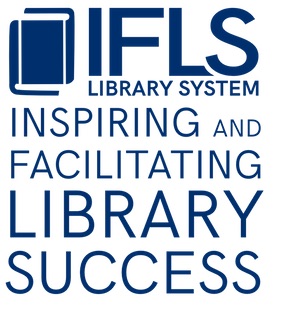 |
| Photo credit: Lou Bueno flickr |
My public health colleague Karen sent me a link to an article about a recent study about significant media use and self-regulation issues for young children. Being able to self-regulate is a crucial life skill that allows kids to be more resilient in the face of challenges and is a strong predictor of school success. One thing the researchers were trying to determine was whether infants and toddlers who watch a lot of television and videos were doing so as a result of being fussy or more challenging (because watching a screen calmed them down and possibly gave stressed parents a break from crying), or whether the media consumption led to the self-regulation issues. They found that media use of more than 2 hours per day did result in a small, but statistically significant, increase in self-regulation problems.
One of the recommendations of the study was helping parents come up with more developmentally supportive strategies for helping an infant or toddler who is irritable, fussy, or extremely demanding. The study, being from a medical establishment, recommends pediatricians communicate this information, but it seems like there is a role for librarians here, too. How can we intentionally model and share scaffolding strategies for helping the youngest children learn to self-regulate?
What do you do?
